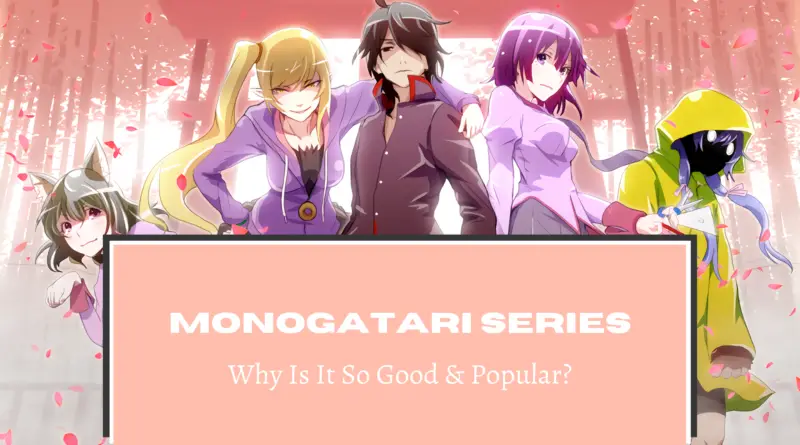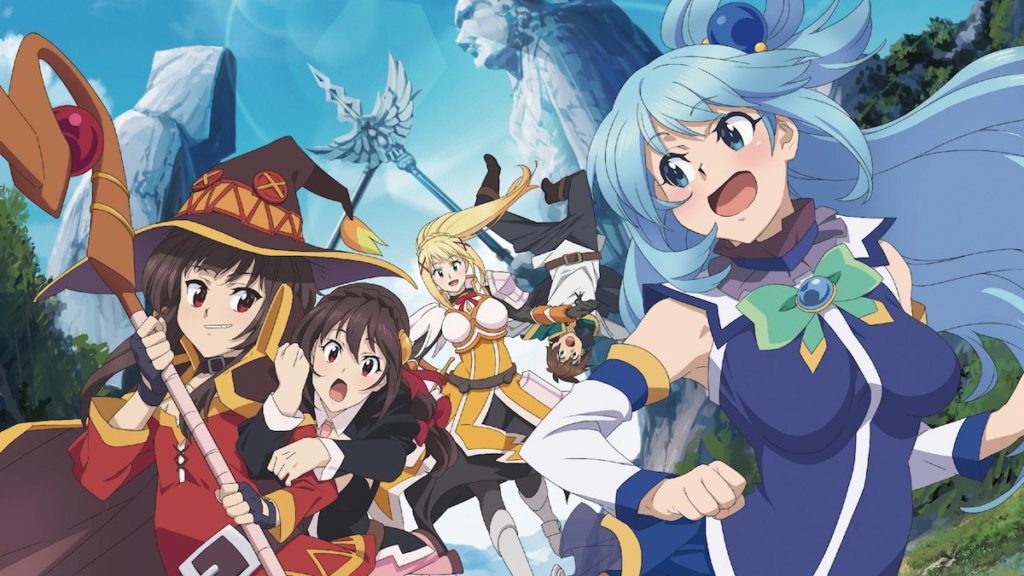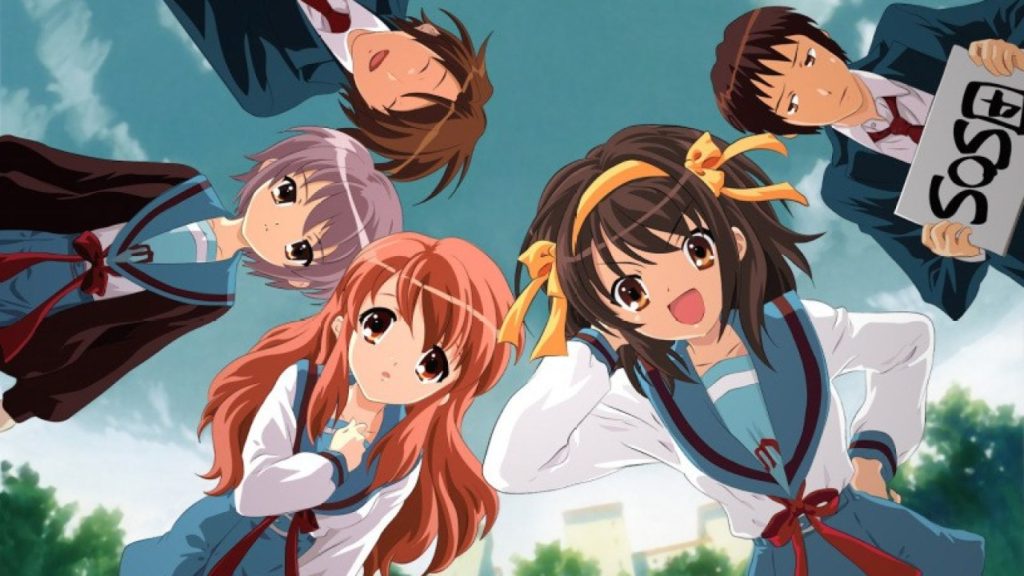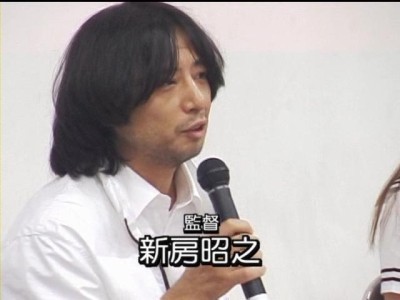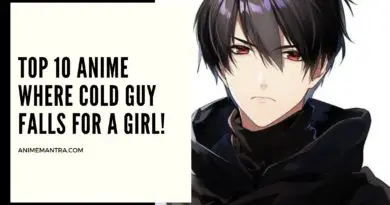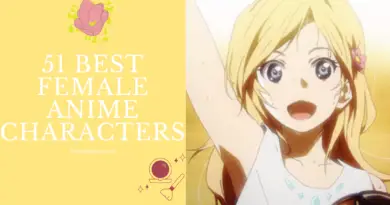Monogatari Series: Wanna Know Why is it So Good & Popular?
If but for the briefest of moments, the latest season of the Monogatari series held the number-one spot on my anime list.
Topping both, Full Metal Alchemist Brotherhood and Your Name.
So I feel like now would be a great time to address the series as a whole and its massive success.
There’s nothing particularly new or groundbreaking about a light novel-based anime gaining massive popularity or critical success.
But it’s exceedingly rare for it to acquire both and even rarer to maintain them over an extended period of time.
What’s more, Monogatari is one of the most prolific post-millennial anime franchises currently in existence with a dozen different TV seasons, films, OVAs, and web short spanning over eight years of broadcast.
A shocking factor considering that most anime rarely get more than a second season nowadays.

And to top it all off, the first season BakeMonogatari still holds the record for highest anime Blu-Ray sales of all time.
So what is it about the series that has given it such a massive amount of staying power?
To me, there are at least three major factors that make Monogatari as great as it is.
The first is the original author Nisio Isin and his absolute mastery of meta-narrative.

Which for those unfamiliar with the term can basically be summed up as a technique which employs manipulation of our understanding of storytelling itself and the tropes that exist within it, usually calling attention to the fact that the story is a work of fiction.
Interacting with and manipulating the meta has been a staple of light novel writing for well over a decade.
And examples of this type of writing can be found in some of the most popular light novel animes such as Kono Suba and The Melancholy of Haruhi Suzumiya.
However, the way that light novel authors nowadays interact with the meta seems to have been reduced to a purely superficial level.
Often, simply acknowledging that the meta exists and not doing anything interesting with it.
With Saekano being one of the most infuriating examples of this.
I would dive into this topic a bit more but there’s already a video you can watch dedicated to this subject that i would highly recommend:
To sum it up, however, simply pointing out that the meta exists does nothing to enhance the story and only serves to distract the reader.
Typically in a way that causes them to overlook how bad the writing actually is.
Which is why Nisio Isin’s insane ramblings are so engaging because Monogatari doesn’t just interact with the meta, it damn near drowns itself in it.

Monogatari is (and I use this phrase in the most loving way possible) the most up its own ass meta masturbation to ever grace the anime industry.
Rather than simply acknowledge its existence, Nisio Isin makes the meta his bitch and rides it around like a goddamn pony.
But more importantly, he’s able to manipulate our understanding of the meta in a way that adds depth to the story.
Let’s examine one of the more clear-cut examples of this found in one of the show’s main female characters Hitagi Senjougahara.

In the first episode, Senjougahara jokingly refers to herself as a tsundere in reference to her sardonic attitude towards the main character Araragi.
With tsundere probably being the most recognizable character trope in anime, its appearance within meta-humor is practically required at this point.
But this particular trope is far too often used as a crutch to excuse weak character development.
After all, being a tsundere has become a cliche, and not having anything to your writing other than a cliched set of stock traits is just lazy writing, even if you’re being self-aware about it.
Such is not the case with Senjougahara.
By this point in the story, we’re well into the Hitagi Crab Arc.
And by the time this arc finishes a little over an episode later, we’ve experienced the full brunt of Senjougahara’s backstory.

Informing us that due to a dysfunctional upbringing and unstable household, she has developed severe trust issues and acts coldly towards most of the men she meets, before eventually warming up towards Araragi after interacting with him for an extended period of time.
What Nisio Isin has done here is not simply rely on the fact that audiences understand the term tsundere and then have them immediately laugh upon hearing it, because of references.
But rather employ a multi-layered sense of humor by pointing out that calling Senjougahara as tsundere simply because she shares some traits with the tsundere archetype is an incredibly ineffective way to go about understanding her.
Because she’s actually a fully fleshed out three-dimensional character that can’t just be dropped into a pre-existing slot with an archetypal label on it.
What’s more, the fact that Senjougahara herself says the term actually strengthens the commentary.

When calling attention to a character being a tsundere, it’s almost always because a different character says it after either being annoyed by said tsundere or hyper fetishizing her.
And so the term is used as an insult towards the said character.
But when Senjougahara uses the term on herself, it takes away the derogatory power that the term holds and simultaneously reveals how unhelpful such a term is in this situation.
This is just one of many examples of how Monogatari deconstructs and reconstructs our idea of the meta-narrative and manipulates it for a grander and deeper purpose.
The second factor of Monogatari success resides in Akiyuki Shinbo and studio shaft, the creative minds behind the anime adaptation.
It’s well known at this point that Shinbo is one of the most out-there and avant-garde directors to work on anime while still maintaining a relatively mainstream and relatable sensibility.
And as such, he was most likely the only person even remotely qualified to handle Nisio Isin’s unadulterated madness and translate it into a cohesive TV narrative.
Had this been handled by any other director or studio, I have no doubt that it would have been either a garbled and incoherent mess or a watered-down version of its source material that would never have grabbed nearly as much attention.

But the fact that Shinbo and shaft give the series a hundred and ten percent and crafted in a way that’s just as dense and esoteric as the original light novels, the series has more than enough impact to captivate all who see it.
From head tilts and monochrome set designs to subliminal messages and even their own attempts at meta-humor.
There’s really not much else to say about this topic without diving headfirst into a maelstrom of creative insanity and explore the entirety of Shinbo and shaft’s works but suffice to say that there is not a single anime series out there that looks or feels quite like Monogatari.

The final and possibly most important point is that despite the intense amount of supernatural fuckery that occurs throughout the series, it is ultimately an intensely human story.
What I mean by this is that while the problems the characters encounter are supernatural in nature and often require supernatural guidance to solve the problems themselves are inherently human and personal.
Jealousy, reluctance, regret, uncertainty, self-loathing, almost all of the problems that arise throughout the series are the result of a person’s own faults.

What’s more, the solution to those problems can only be finally resolved by the person who started it in the first place.
Let’s return to Senjougahara for an example.
In her introduction to the series, we discovered that she has lost almost all of her physical weight and that a crab deity is the one who stole her weight from her.
Araragi calls on Oshino Meme, the one who helped cure him of his vampirism to help Senjougahara with her weightlessness.

In the second episode, Oshino sets up an encounter with the crab deity that stole Senjougahara’s weight.
But it’s not Oshino who takes the weight back from the crab.
Rather, it’s Senjougahara who asks the crab to return her weight.
During this encounter, it’s also revealed that her weight wasn’t actually stolen from her but instead willingly given away, along with painful emotions and memories relating to her mother and the traumatic experiences of her past.

The pain of these experiences caused Senjougahara to cast them off like a weight in order to be free of them.
But she soon realized that she felt even more miserable not being able to feel anything about her past traumas.
Thus, it is through confronting her own past that Senjougahara is able to have her weight returned to her.
This idea of self-salvation is also suggested earlier during Senjougahara’s first meeting with Oshino.
When she asked Oshino for help, he states that he will not save her but rather guide her to her own salvation.

Oshino does not directly save anyone but rather has his clients reach for it on their own.
And this philosophy forms the backbone of Monogatari systemic underpinnings.
And of course, this is entirely true for the finale of a watery Monogatari season 2, though, I would rather not go into it in detail because it’s one of the best reveals I’ve seen in years and I don’t want to spoil it for anyone.
It almost seems impossible that a series that bathes in meta-manipulation and eclectic directing styles can be this human and relatable, but that seeming impossibility is what makes Monogatari such a fantastic series.
Recommended 51 Best Female Characters You Should Know About!

Is it for everyone?
Probably not especially if you’re fairly new to anime.
But if you’re really craving something fresh and out there, then you owe it to yourself to try this series out and see something that started as a collection of simple ghost stories evolved into one of the most compelling meta-fictional narratives of our time.
Thanks for reading everyone, I wanted to go a little bit more in-depth with this one but I was a bit time-restricted and I feel like I could write an entire another blog on the series.

Anyway, so I’ll save that for when I finally get around to re-watching the entire thing.
In the meantime, if you enjoyed this blog and want to read more, be sure to subscribe so you can stay up to date on all my latest content.
Share this blog around with people you think will be interested.
Leave a comment below about what you thought and other topics you’d like me to cover in the future.
